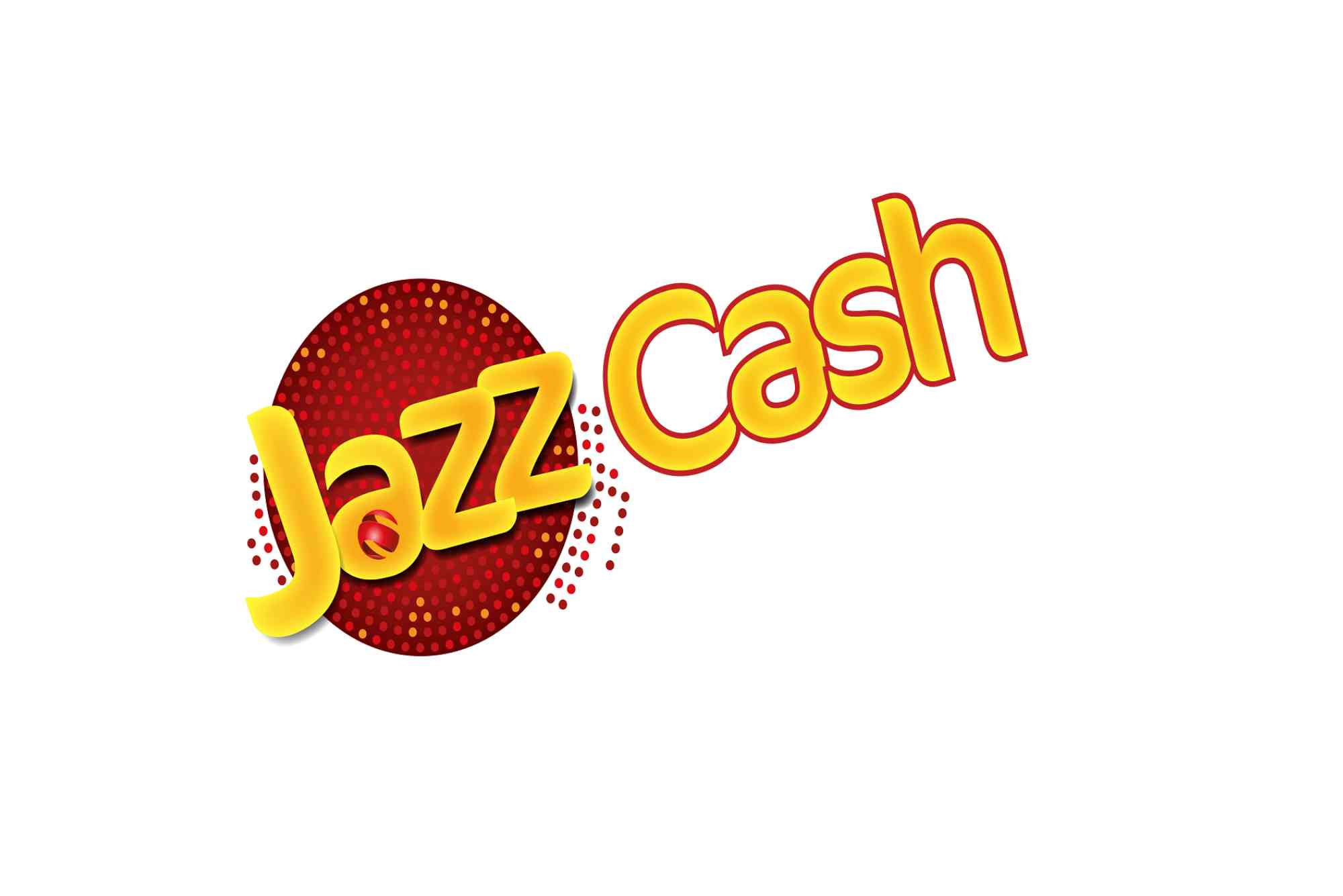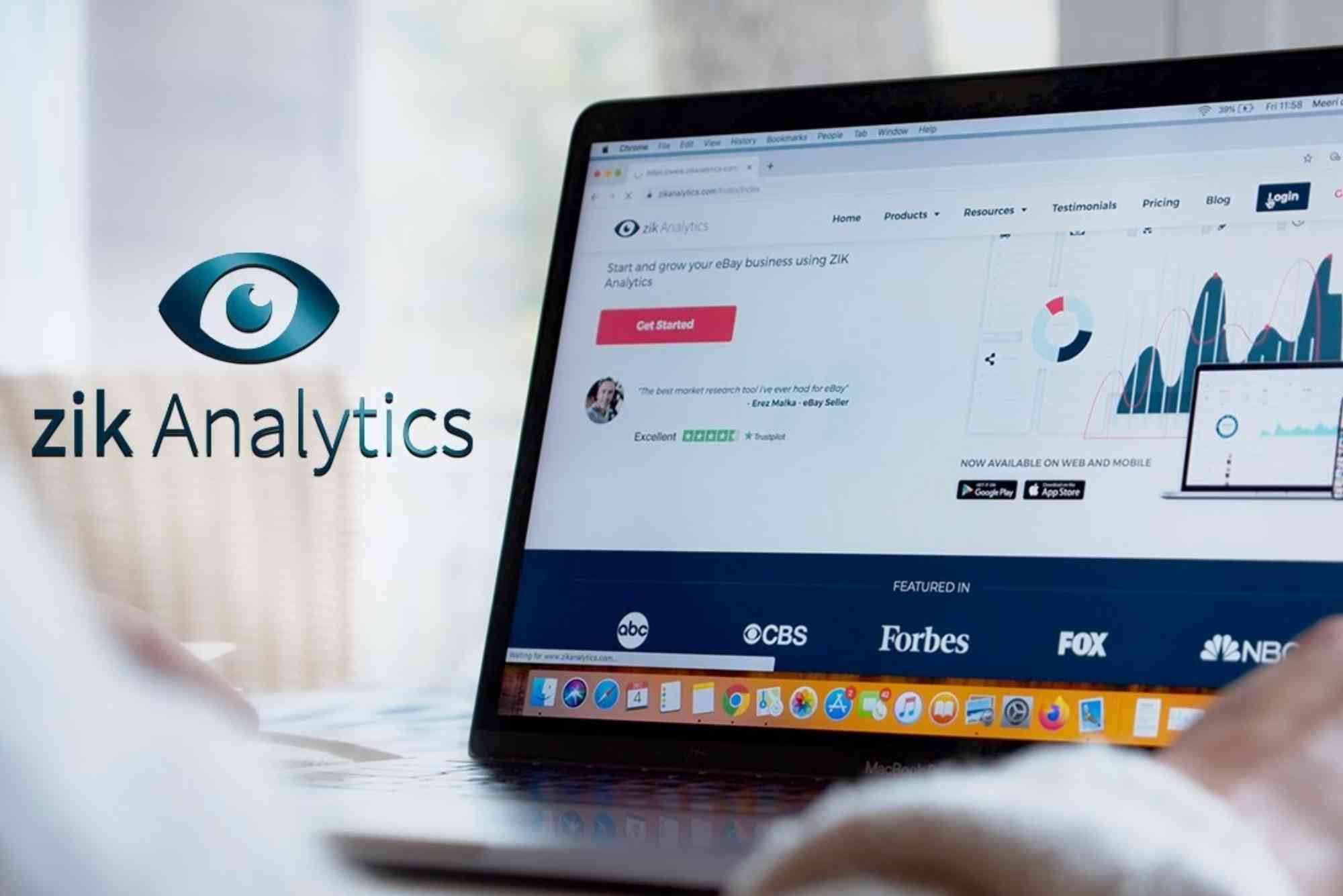Advertising Campaign: Best Practices Explained
In today’s competitive market, running an effective advertising campaign is crucial for brand visibility, customer engagement, and revenue growth. Whether you are a small business owner or a marketing professional, understanding the best practices behind successful campaigns can make all the difference. In this guide, we will break down the key elements, strategies, and tips to ensure your advertising campaign achieves the maximum impact.
Understanding Advertising Campaigns
An advertising campaign is a coordinated series of promotional efforts designed to achieve specific objectives. These campaigns can span multiple channels, including social media, search engines, print media, television, and email. The goal is to create a consistent message that resonates with your target audience while driving measurable results.
The Importance of Clear Objectives
Before launching any advertising campaign, it’s essential to define clear objectives. Are you aiming to increase brand awareness, generate leads, boost sales, or promote a new product? Establishing precise goals helps shape the strategy and guides your creative approach. Measurable objectives also enable you to track performance effectively and adjust your campaign as needed.
Knowing Your Audience
A deep understanding of your target audience is critical for a successful advertising campaign. Identify demographics, preferences, online behavior, and pain points. The better you understand your audience, the more accurately you can tailor your messaging and select the appropriate channels. Engaging content that speaks directly to your audience’s needs increases the chances of a higher return on investment.
Crafting a Compelling Message
The core of any advertising campaign is the message. It must be clear, compelling, and memorable. A strong message captures attention, communicates value, and motivates action.
Emotional Appeal
Emotional triggers can significantly enhance the effectiveness of your campaign. Stories, humor, or relatable scenarios can create a connection with your audience. Emotional resonance often drives higher engagement and brand loyalty.
Value Proposition
Clearly communicate the unique benefits your product or service offers. Explain why your brand stands out from competitors. A concise and persuasive value proposition ensures your audience quickly understands the advantages of choosing your brand.
Call to Action
A clear call to action (CTA) is essential in guiding your audience toward the desired action. Whether it’s signing up for a newsletter, purchasing a product, or visiting your website, a well-crafted CTA drives conversion and contributes to campaign success.
Choosing the Right Channels
Selecting the right channels is fundamental for the success of an advertising campaign. Different platforms offer varied reach and engagement potential. Align your choice with your objectives and audience preferences.
Digital Platforms
Digital marketing channels provide measurable results and flexible targeting options. Social media platforms, search engines, display networks, and email marketing are powerful tools to reach specific audiences. Techniques like SEO optimization, retargeting, and Wikipedia PPC campaigns can amplify your reach and efficiency.
Traditional Media
Television, radio, and print remain relevant for certain audiences. While digital channels offer precision targeting, traditional media can provide mass exposure and reinforce brand credibility. Combining digital and traditional approaches often yields the best results.
Integrated Campaigns
An integrated approach ensures your message is consistent across all channels. Synchronize visuals, messaging, and timing to create a cohesive brand experience. This consistency enhances brand recognition and fosters trust.
Budgeting and Resource Allocation
Effective advertising campaigns require careful planning and allocation of resources. Determine your budget based on campaign objectives, expected reach, and channel costs. Allocate funds strategically to ensure the highest return on investment.
Tracking and Analytics
Data-driven insights are essential for optimizing an advertising campaign. Monitor key performance indicators (KPIs) such as impressions, clicks, conversion rates, and engagement. Analytics allow you to identify high-performing channels, tweak messaging, and maximize campaign effectiveness.
Adjusting and Scaling
An advertising campaign should be flexible. Based on performance data, make adjustments to targeting, messaging, or budget allocation. Scaling successful elements while minimizing underperforming ones ensures continuous improvement and optimal results.
Creative Best Practices
Creativity plays a crucial role in attracting attention and maintaining audience interest. Innovative and visually appealing content can set your campaign apart from competitors.
Visual Design
Strong visual design reinforces your brand identity and captures attention. Use high-quality images, videos, and graphics that align with your message. Consistency in design across channels strengthens brand recognition.
Copywriting
Effective copywriting communicates your message clearly and persuasively. Keep headlines concise, use compelling language, and maintain a conversational tone. Good copy complements visuals and enhances overall campaign impact.
A/B Testing
Testing different versions of your ads allows you to identify the most effective elements. Experiment with headlines, visuals, and CTAs. Continuous testing ensures your campaign evolves based on real audience responses.
Leveraging Technology
Modern technology provides powerful tools for managing and optimizing advertising campaigns. Automation, AI-driven analytics, and marketing software simplify complex tasks and enhance efficiency.
Marketing Automation
Automated tools streamline repetitive processes such as email marketing, social media posting, and lead nurturing. Automation ensures consistency, saves time, and allows for personalized messaging.
AI and Predictive Analytics
Artificial intelligence helps predict customer behavior, optimize targeting, and personalize content. Predictive analytics can identify high-potential leads and recommend actions that maximize engagement and conversions.
SEO and SEM Integration
Integrating search engine optimization (SEO) and search engine marketing (SEM) strategies boosts online visibility. Working with SEO Expert Help ensures your content ranks well and drives organic traffic to your campaign landing pages.
Legal and Ethical Considerations
Compliance with advertising regulations is essential. Misleading claims, copyright infringement, or privacy violations can harm your brand and lead to legal consequences. Ethical practices build trust and protect long-term reputation.
Transparency
Be transparent in your messaging. Clearly disclose sponsored content, promotional offers, and data usage. Transparency fosters credibility and strengthens audience relationships.
Privacy and Data Protection
Adhere to data protection regulations when collecting and using customer information. Respecting privacy not only ensures compliance but also enhances customer confidence in your brand.
Measuring Success
A successful advertising campaign is one that meets or exceeds its objectives. Measuring success involves tracking performance metrics and evaluating overall impact.
Key Metrics
Monitor metrics such as click-through rates, conversion rates, cost per acquisition, and return on ad spend. These KPIs provide insights into campaign effectiveness and areas for improvement.
Reporting and Insights
Regular reporting helps stakeholders understand campaign performance. Use insights to refine future campaigns, identify trends, and make data-driven decisions.
Common Challenges and Solutions
Advertising campaigns face various challenges that can hinder success. Identifying these issues early allows for proactive solutions.
Audience Targeting Issues
Incorrect targeting can reduce campaign effectiveness. Use detailed audience segmentation, behavioral analysis, and analytics to refine targeting strategies.
Budget Constraints
Limited budgets require prioritization. Focus on high-impact channels, leverage cost-effective digital advertising, and monitor ROI closely to maximize value.
Creative Fatigue
Repetitive or uninspiring content can decrease engagement. Refresh visuals and messaging regularly to maintain audience interest and enthusiasm.
Executing a successful advertising campaign requires strategy, creativity, technology, and continuous optimization. By understanding your audience, crafting compelling messages, selecting the right channels, and measuring performance, you can achieve remarkable results. Embrace best practices, leverage technology, and maintain ethical standards to ensure your campaigns not only deliver immediate outcomes but also build long-term brand value. Begin implementing these strategies today to transform your advertising campaigns into powerful drivers of growth and engagement.
Enhance your campaign effectiveness by seeking professional guidance and leveraging insights from SEO Expert Help.
FAQs
What is an advertising campaign?
An advertising campaign is a structured series of promotional efforts aimed at achieving specific business objectives across multiple channels.
How do I measure the success of an advertising campaign?
Success is measured using metrics like conversion rates, click-through rates, ROI, and overall engagement, depending on campaign goals.
What channels should I use for advertising campaigns?
Digital channels such as social media, search engines, and email marketing are popular, while traditional media can complement for mass reach.
Why is audience research important in advertising campaigns?
Audience research ensures your message resonates, improves targeting accuracy, and increases engagement and conversions.
How often should I adjust my advertising campaign?
Adjust campaigns based on performance data and trends. Regular monitoring and testing allow you to optimize messaging, targeting, and budget allocation effectively.







